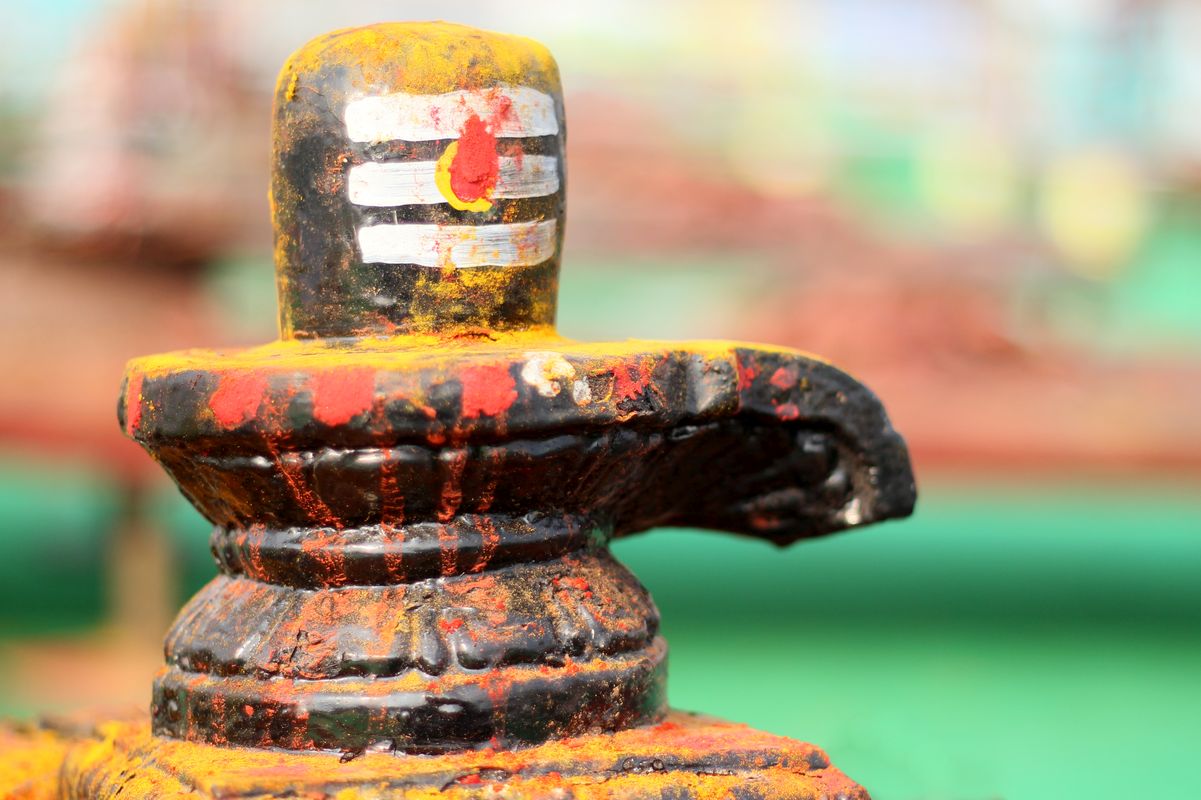Sara Ali Khan’s Diwali in Kedarnath is all about food!
Sara Ali Khan celebrates Diwali in Kedarnath, sharing glimpses of her foodie adventures and festive cheer with fans. Details inside.
Shravan is considered as one of the holiest months in the Hindu calendar and it is the best time to conduct all important religious ceremonies.

( Representational Photo: Getty Images)
Shravan month is dedicated to Lord Shiva. In this pious month, Lord Shiva and Goddess Parvati are worshipped with a belief that those who offer prayers to them and observe fast will get their desires fulfilled and will be blessed with wisdom and prosperity. All days in this month are auspicious for a good start.
According to Hindu mythology, Lord Shiva consumed poison and held it in his throat, which turned it blue, even though he was not a part of the ocean churning by the Gods and demons. During the churning process, a pot of poison also came out along with the elixir but nobody either the Gods or the demons were ready to accept the poison. All of them were interested in consuming the elixir. So Lord Shiva consumed the poison to help the Gods. This act was done in the month of Shravan. To douse the effect of poison, Gods offered water to Lord Shiva and that is why today too devotees offer water to Shivalingam with the same belief. It is the month when people worship Lord Shiva with all faith and devotion.
A few things which one should do in the month of Shravan are:
Advertisement
Fasting on Mondays in the month of Shravan: It is believed that Mata Parvati observed fast for the entire month of Shravan to impress Lord Shiva and marry him. Since then fasting in this month ensures good prospective husbands for unmarried girls and good health of husbands for married women. There are four to five Mondays that fall in this month. Devotees fast either for the whole month or they fast at least on every Monday falling in this pious month. They worship Shivalingam by offering water, milk, honey, sugarcane juice, sandalwood paste, flowers, bel patra, bel fruit, bhasm etc. The fast is broken in the evening by having saatvik food after offering prayers to the deity again.
Rudra Abhishek: The term ‘Rudra’ appears to focus on the fiery aspect of Shiva which is destruction. Rudra Abhishek can be performed on any day in the Shravan month. Different types of abhishek are performed with a belief of giving varied benefits to the performer. For example, milk abhishek is performed with a desire of long life and honey abhishek is performed to remove all obstacles. Panchamrit, bhasm, dhatura, bhang, bel patra, bel fruit, flowers, sweets and other holy items dear to Lord Shiva are also offered to the lingam while performing Rudra Abhishek. This way of worshipping the Lord offers peace, clears mind and body, fulfills wishes and illuminates soul.
Chanting Shiva Stotra: Chanting Shiva stotra mantra in Shravan is considered to be very fruitful. It is believed to bless the devotees with health, wealth, prosperity, success, happiness and long life. It also gives a sense of composure and power. Usually every mantra is chanted 108 times and one can keep the track by counting beads of Rudraksha mala. Chanting can be done in the morning, evening or even throughout the day. It can also be done at the designated time and with a particular number of counts. This chanting may promote spiritual peace, improve memory, strengthen will power and enhance physical and mental health. It may also remove obstacles by expelling negativity.
Visit to any of the Jyotirlingams: There are 12 famous Jyotirlingams in India. These include Kedarnath, Badrinath, Kashi Vishwanath, Omkareshwar, Trimbakeshwar, Somnath, Lingraj, Taraknath, Sukreswar, Mahakaleshwar, Murudeshwar and Mallikarjuna. These places are all about the divine and attract numerous devotees from all over the country especially in the Shravan month. This Shravan you could visit any of these Jyotirlingas to take a deeper dive in the celebrations and get the blessings from the divine.
Kanwar journey: Kanwar journeys are observed by the pilgrims in the month of Shravan. This journey is ideally done on foot. Shiva devotees carry holy water in pots from the river Ganga and hang them on their shoulders with the help of a wooden stick. They offer this sacred water to the Shivalingam in the temple of their locality on the day of Shivaratri falling in this month. This act is considered very auspicious and fruitful for the performer.
Every Indian state celebrates this auspicious month in its own traditional way. It is believed that if Lord Shiva is worshipped with certain holy rituals during this auspicious month, it brings heaps of fortune.
Advertisement